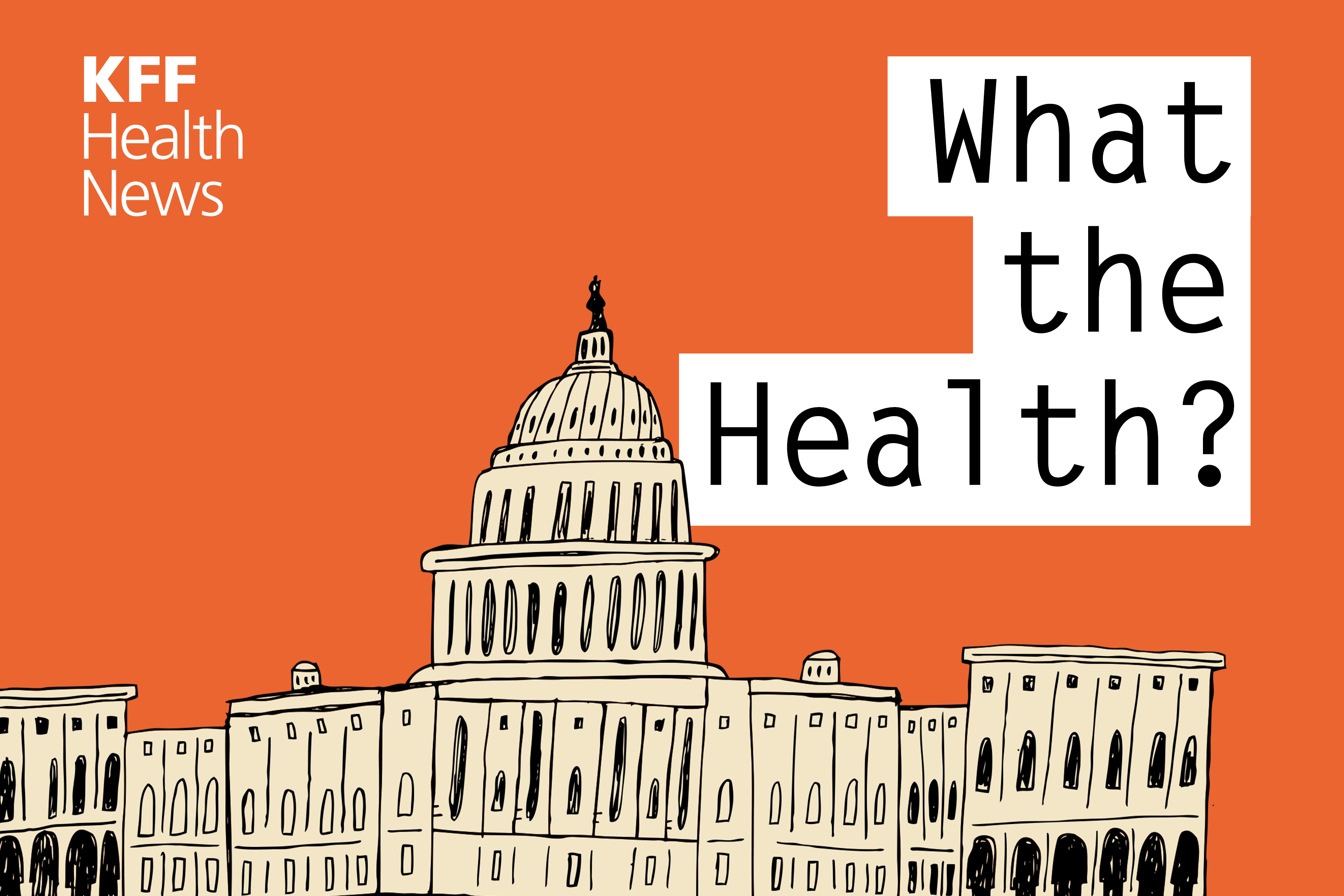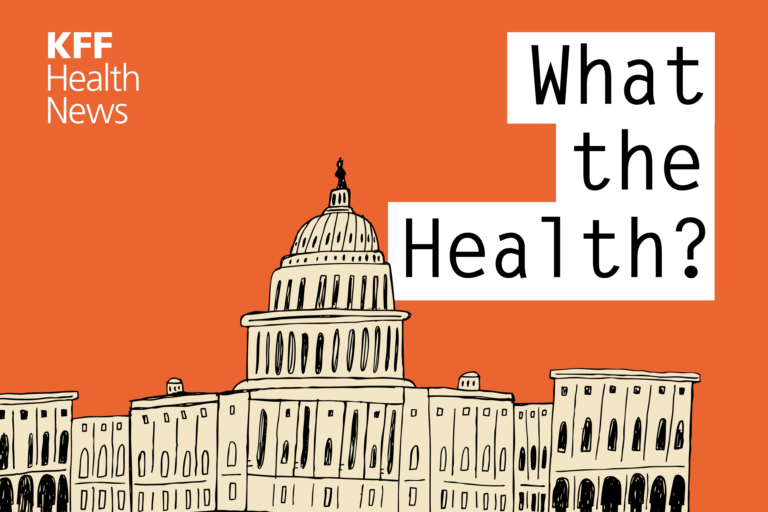A Killing Touches Off Backlash Against Health Insurers – KFF Health News
Can’t see the audio player?
Listen on:
The Host
The shooting death of UnitedHealthcare CEO Brian Thompson on the streets of New York City prompted a surprising wave of sympathy for the perpetrator, rather than the victim, from Americans who say they have been wronged by their health insurers. It remains to be seen whether backlash from the killing will result in a more serious conversation about what ails the health care system.
Meanwhile, in some of his first extended interviews since the election, President-elect Donald Trump continued to be noncommittal about his plans for health care in general and the Affordable Care Act in particular.
This week’s panelists are Julie Rovner of KFF Health News, Rachel Cohrs Zhang of Stat, Alice Miranda Ollstein of Politico, and Sandhya Raman of CQ Roll Call.
Panelists Among the takeaways from this week’s episode:
The killing of UnitedHealthcare’s chief executive has amplified simmering anger and distrust over the nation’s health care system. Many people are upset about the cost of care, limitations of coverage, gaps in access — and much more. While Democratic policymakers have pushed in recent years to insure as many Americans as possible, insurance coverage is only part of the equation in resolving the system’s ills. There’s not much time left for this Congress. Still on the agenda is passing funding for some health priorities. Extending telehealth access, for instance, is a small but key issue for which lawmakers will need to find money to offset the cost of an expensive program. And cultural issues continue to play a role, with the House passing a defense spending package this week that would cut coverage for gender-affirming care for minor dependents of those in the armed forces. And Trump’s recent interviews with NBC News’ “Meet the Press” and Time magazine offered little clarity on his health care plans. He referred to making changes to the ACA and not making changes to abortion pill availability — but it is clear that such issues are not among his top concerns and that policies will depend largely on the personnel within the health agencies. Also this week, Rovner interviews Francis Collins, who was the director of the National Institutes of Health and a science adviser to President Joe Biden.
Email Sign-Up Subscribe to KFF Health News’ free Morning Briefing.
Plus, for “extra credit,” the panelists suggest health policy stories they read this week that they think you should read, too:
Julie Rovner: KFF’s “Medicare Spending was 27% More for People Who Disenrolled From Medicare Advantage Than for Similar People in Traditional Medicare,” by Jeannie Fuglesten Biniek, Alex Cottrill, Nolan Sroczynski, and Tricia Neuman.
Alice Miranda Ollstein: CNN’s “Most Women in the US Aren’t Accessing Family Planning Services, Even as Abortion Restrictions Grow,” by Deidre McPhillips.
Sandhya Raman: Stat’s “Spending Less, Living Longer: What the U.S. Can Learn From Portugal’s Innovative Health System,” by Usha Lee McFarling.
Rachel Cohrs Zhang: ProPublica’s “‘Eat What You Kill,’” by J. David McSwane.
Also mentioned in this week’s podcast:
NBC News’ “Read the Full Transcript: President-Elect Donald Trump Interviewed by ‘Meet the Press’ Moderator Kristen Welker.” Time magazine’s “Donald Trump: 2024 TIME Person of the Year,” by Eric Cortellessa. Politico’s “How Trump’s Transition Could End Up Hamstringing His Agenda,” by Alice Miranda Ollstein. KFF Health News’ “Federal Judge Halts Dreamers’ Brand-New Access to ACA Enrollment in 19 States,” by Julie Appleby. Credits To hear all our podcasts, click here.
And subscribe to KFF Health News’ “What the Health?” on Spotify, Apple Podcasts, Pocket Casts, or wherever you listen to podcasts.
Article Source
Information contained on this page is provided by an independent third-party content provider. This website make no warranties or representations in connection therewith. If you are affiliated with this page and would like it removed please contact editor @producerpress.com




